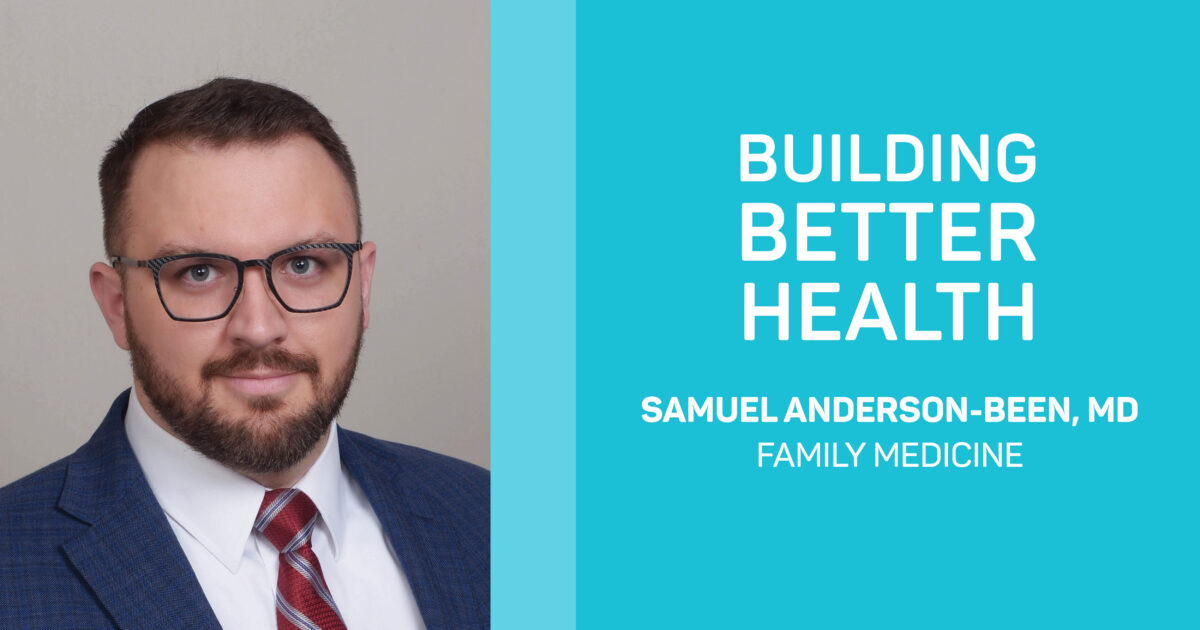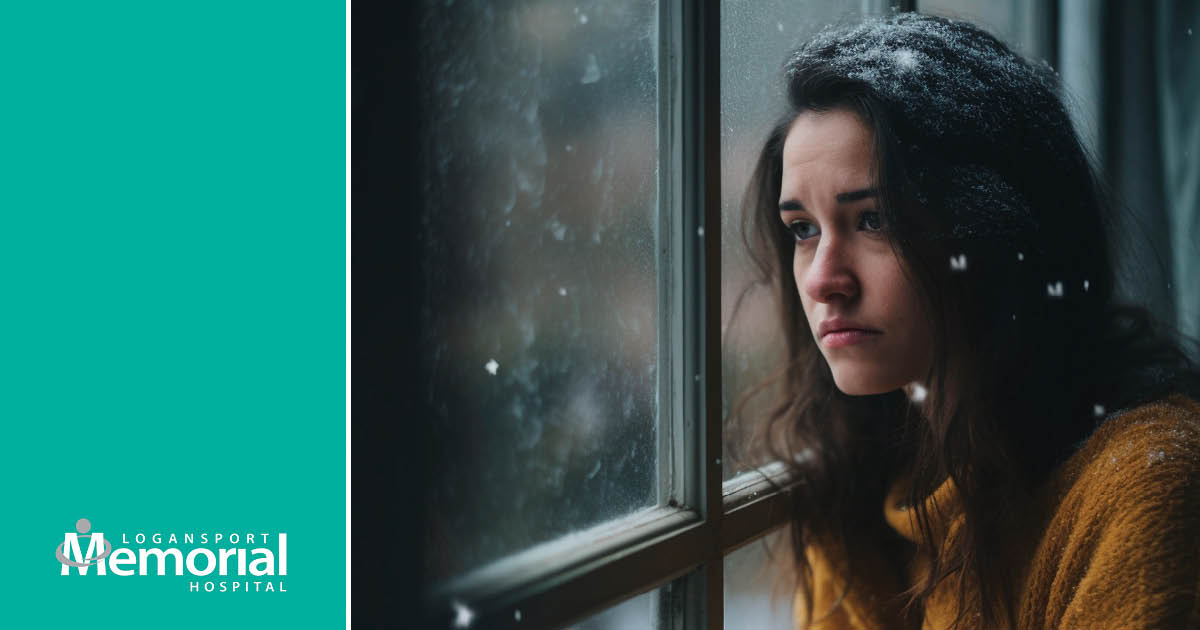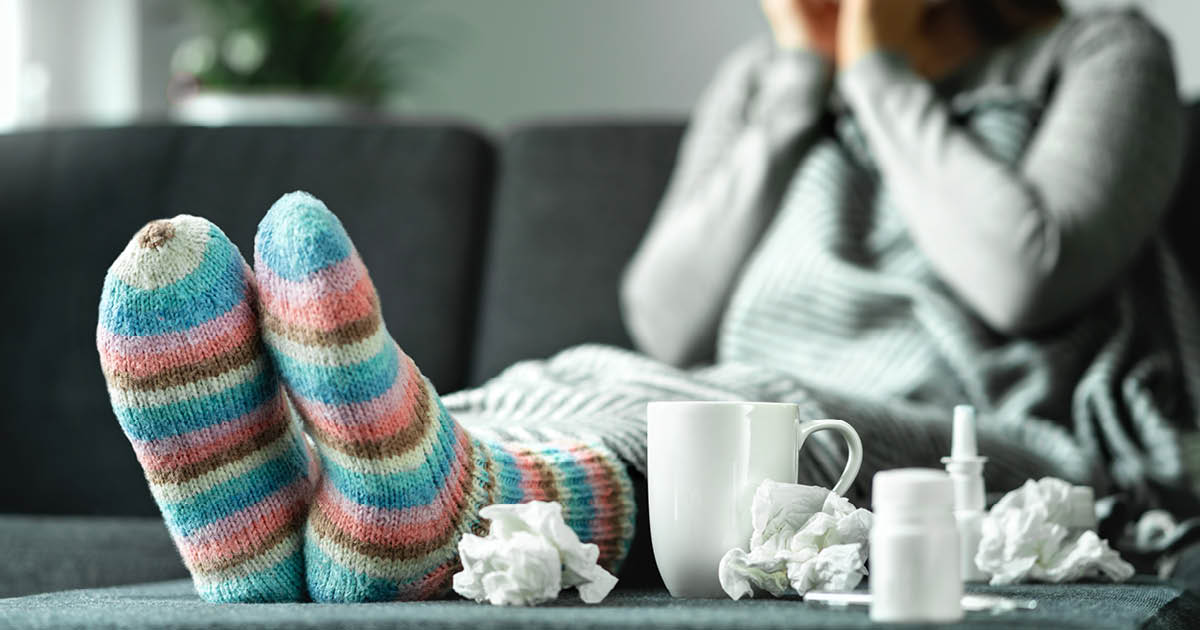It is no secret that opioid addiction is an ongoing challenge in healthcare across the country. The consequences of untreated addiction to opioids or any other substance can be tragic for addicted individuals, their families, and entire communities. In 2017, the U.S. Department of Health and Human Services (HHS) declared the opioid epidemic to be a public health emergency. Since then, HHS estimates that 10.3 million people misused prescription opioids in 2018, causing 130+ deaths every day from opioid-related drug overdoses.

What does an opioid overdose look like
If you suspect you, or someone you know is having an overdose, call 9-1-1 immediately. Symptoms of an overdose include:
- Confusion
- Seeming “drunk”
- Vomiting
- Pinpoint pupils
- Extreme drowsiness
- Unable to wake
- Very slow/irregular breathing or other breathing problems
- No breathing
- Blue or clammy skin
- Loss of consciousness
Treatment using medication, support, and counseling
Medication Assisted Treatment (MAT) is one way to help those with opioid addiction recover their lives. There are three equally-important parts to this method of treatment, including:
- Medication
- Counseling
- Support from family and friends
Logansport Memorial Hospital is pleased to provide this three-part method to those struggling with opioid addiction.
Medication
The most common medications used in the treatment of opioid addiction are Buprenorphine, Methadone, and Naltrexone.
Buprenorphine is prescribed by certified medical providers and is available right here at Logansport Memorial Hospital. Buprenorphine tricks the brain into thinking it is still getting the problem opioid. The person taking this medication feels normal (not high), withdrawal does not occur, and cravings are reduced. It is administered when the patient experiences withdrawal symptoms including:
- Yawning and sleep problems
- Excessive sweating
- Anxiety or nervousness
- Muscle aches and pains
- Stomach pain (nausea and vomiting)
- Diarrhea
- Weakness
Methadone is dispensed only at specially licensed treatment centers. People can safely take the treatment medication as long as needed – for months, a year, or several years.
Many people in treatment relapse one or more times before getting better and remaining drug free. Each relapse is a setback, but it does not mean failure. People who relapse can continue with treatment and achieve full recovery.
Naltrexone is another medication used to treat opioid addiction. It helps overcome addiction in a different way. It blocks the effects of opioid drugs. This takes away the feeling of getting high if the problem drug is used again. This feature makes Naltrexone a good choice to prevent relapse.
Support
It is very hard to go through the recovery process alone. Support from family and friends is very important to successfully recover. Love and encouragement can help a person make the decision to enter treatment and stick with it.
Counseling
Counseling is an important part of Medication Assisted Treatment. Through counseling, people learn why the addiction occurred, the problems it has caused, and what the patient needs to change to overcome those problems.
Counseling can provide encouragement and motivation to stick with the treatment process. It can teach coping skills and how to prevent relapse from happening. And most importantly, it can help people learn to how to make healthy decisions, handle setbacks and stress, and move forward with their lives.
Help is here
The consequences of untreated addiction can be tragic for the individual, family, and community. Logansport Memorial Hospital has implemented this MAT program to help those individuals that are suffering from opioid addiction.
Opioid addiction is a chronic disease like heart disease or diabetes. It is a medical condition that can last for a person’s entire life. However, by managing the addiction, a person can regain a healthy, productive life.
Most people cannot just walk away from addiction. They need help. And we are here.
The MAT program is a combination of psycho-social therapy and approved medication. Is it the most effective intervention to treat opioid use disorder.
MAT saves lives while increasing the chances a person will remain in treatment, learn the skills, and build the network for long-term recovery.
Stacie Stutzman, Program Coordinator
“It’s important to know that addiction is a disease.”
Stacie Stutzman is a certified family nurse practitioner and is the Program Coordinator for the Logansport Memorial Hospital MAT Program.
“It is a disease that cannot be cured, but it can be managed with medication, counseling, and support in the ways that we use these tools in our program.”
The goal of the MAT program is to recover from addiction. It does not replace one addictive drug with another, and it provides a safe, controlled level of medication to overcome the use of a problem opioid.
This program seeks to address the underlying issues that trigger inappropriate drug use. People can safely take the medications used in our program as long as they are needed. Medication will stop the use of the problem drug, helping the patient to get through withdrawal and cope with cravings.
Getting the help that is needed
If you, or someone you know, would benefit from the Medication Assisted Treatment Program, help is here. Logansport Memorial Hospital will provide this new treatment option for anyone struggling with opioid addiction.
Direct referrals to the MAT Program can be made by calling 574.725.3468. A physician or provider can make the referral, or patients can make a self-referral.
You might also like:
- Having a healthy New Year
- When you should go the doctor vs. the emergency room
- Take steps to relieve stress and improve your health




